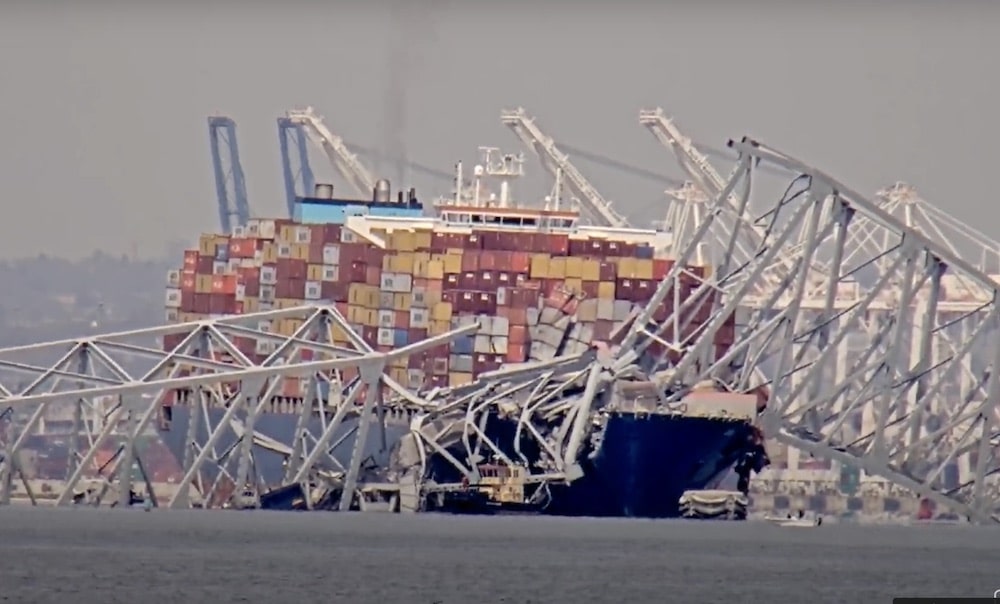Maritime losses reach historic low amid rising geopolitical
Geopolitical Tensions Threaten Maritime Safety

Allianz’s latest Safety and Shipping Review issues a stark warning regarding the escalating risks to the global merchant fleet amid rising geopolitical tensions. While traditional maritime hazards like fires and collisions have seen a decline, the report highlights that geopolitical conflicts now pose significant threats, potentially reversing safety gains. The report also reveals a record low in total maritime losses, yet an increase in shipping incidents raises concerns about the industry’s future.
Record Low Losses Amid Rising Incidents
The Allianz report indicates a remarkable achievement in maritime safety, with the global fleet recording only 27 total losses in 2024. This figure marks a 20% decrease from the previous year and a staggering 75% drop since 2015. However, the report also reveals that the South China Sea, Indochina, Indonesia, and the Philippines remain the most dangerous regions, accounting for nearly one-third of the losses. Other high-risk areas include the British Isles and the East Mediterranean and Black Sea, each reporting four total losses. Over the past decade, these regions have contributed to 681 of the 729 total losses recorded globally.
Fishing vessels were particularly vulnerable, representing 40% of total losses. The leading cause of these losses was foundering, which accounted for 50%, followed by fires and explosions at 26%. Alarmingly, over the past decade, more than 100 total losses have been attributed to fire-related incidents. Despite the decrease in total losses, the number of reported shipping incidents surged by approximately 10% in 2024, totaling 3,310 compared to 2,963 in 2023. The British Isles recorded the highest number of incidents, with machinery damage or failure being the predominant cause, responsible for over half of the reported cases.
Geopolitical Risks and Emerging Threats
The report emphasizes the growing impact of geopolitical tensions on maritime safety. For instance, the ongoing conflict in Gaza has led to over 100 ships being targeted by Houthi militants in the Red Sea, underscoring the vulnerability of global shipping to regional disputes. Additionally, piracy is resurging off the Horn of Africa, further complicating security concerns.
Allianz also highlights the emergence of a shadow tanker fleet, consisting of vessels that often lack proper maintenance and regulatory oversight. This fleet is estimated to comprise between 600 to 1,400 vessels, many nearing the end of their operational lives, which increases the risks of fires, engine failures, and collisions.
Technological advancements present new challenges as well. The use of drones and unmanned aerial vehicles (UAVs) has become more common, posing potential threats to ships through attacks or surveillance. These technologies are relatively inexpensive and accessible, raising concerns about their misuse by non-state actors. Cybersecurity remains a critical issue, with increasing reports of GPS interference and AIS spoofing, which can disrupt navigation systems and compromise vessel safety.
Fire safety continues to be a significant concern, particularly with the transport of lithium-ion batteries, which have led to a rise in onboard fires. These fires are notoriously difficult to extinguish and can reignite, posing severe risks to crew and vessel integrity. Experts advocate for enhanced crew training, improved early detection systems, and the development of purpose-built vessels designed to safely transport battery-powered cargo.
